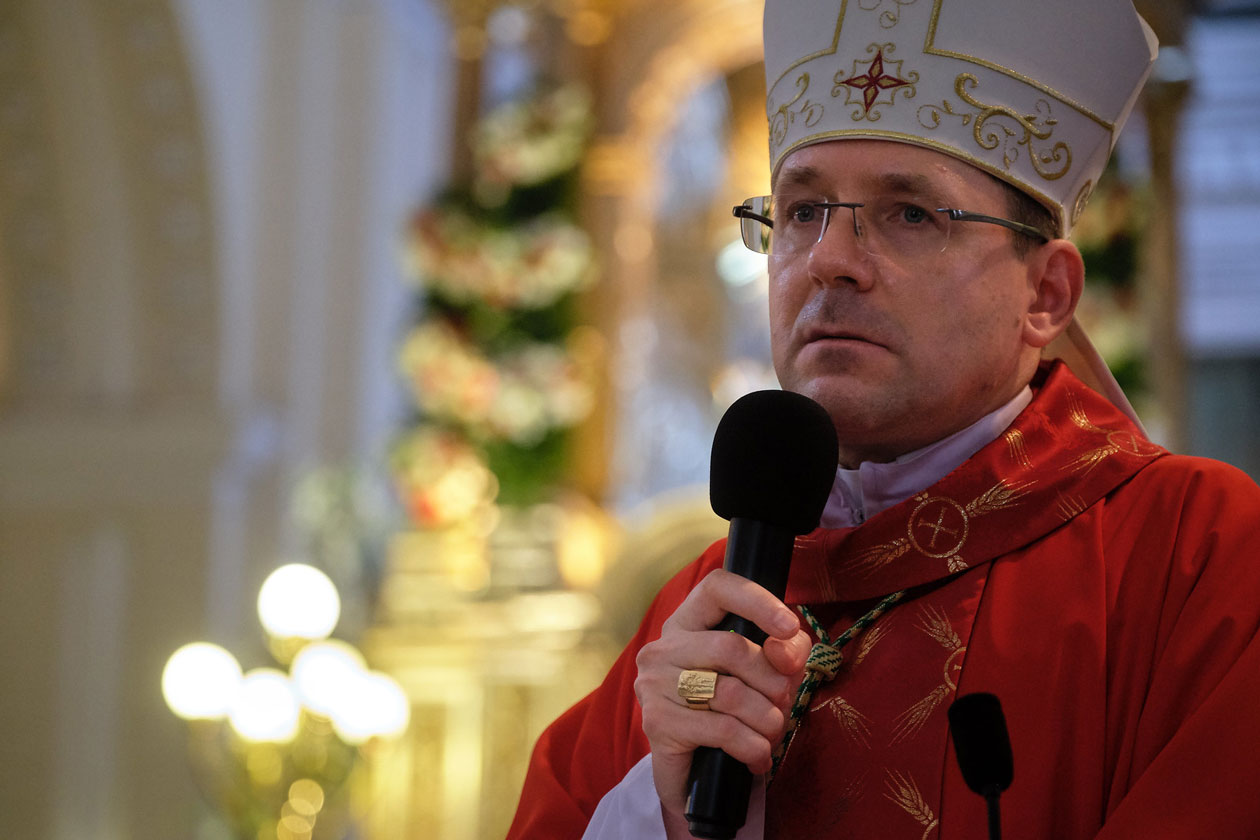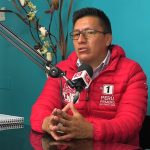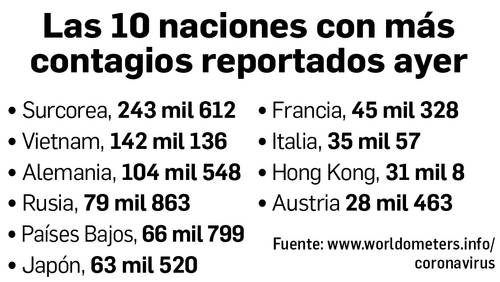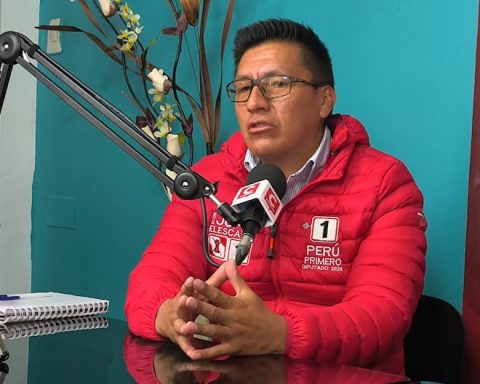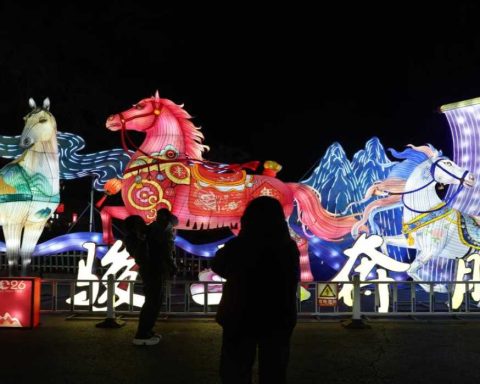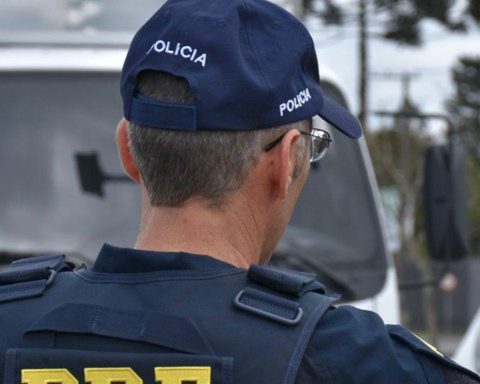the apostolic nuncio, Waldemar Stalislaw Sommertagunexpectedly left his diplomatic mission in Nicaragua this Sunday, March 6, under strong political pressure from the regime of Daniel Ortega and Rosario Murillo, they revealed to CONFIDENTIAL diplomatic sources.
The nuncio boarded an Avianca flight to El Salvador at night, having previously canceled several commitments he had for this Monday and Thursday of this week, without rescheduling them for other dates.
A statement from the Nunciature confirmed this afternoon that Monsignor Sommertag “was absent from the country” on March 6, and that the secretary of the Nunciature, Monsignor Marcel Mbaye Diouf, “was at the head of the diplomatic mission as chargé d’affaires ”.
Sources linked to the nuncio revealed that in the last two months, the channel of communication that the representative of Pope Francis maintained with the government at the highest level had drastically deteriorated.
The sources did not specify if there was a trigger that triggered his departure or if it was a gradual deterioration in the relationship between the government and the nuncio. “The only thing we know is that the government imposed a peremptory deadline to end his diplomatic mission in the country, a de facto expulsion, and he made the decision to leave this Sunday,” the source said.
“It was practically cut off,” the source said, referring to the communication that summertag maintained with the Government to request information and advocate for the situation of detained citizens and political prisoners.
The Polish-born diplomat, who arrived in the country after the outbreak of the 2018 crisis, always described these steps as a two-way channel “to carry and bring messages” for humanitarian purposes, and not as a channel for political negotiations.
In diplomatic circles, the Vatican representative was considered the government’s main channel of communication with the international community, apart from its political allies such as Cuba, Russia, Venezuela, and now the People’s Republic of China.
CONFIDENTIAL asked the Nunciature for its version of the reasons for the departure of summertag, without saying goodbye to the diplomatic corps, but we did not get any response. Nor did the Foreign Ministry respond to our request regarding the reasons why the Government would have expelled the Vatican representative from the country.
Absent during inauguration
On November 18, 2021, the Government of Nicaragua annulled by decree the figure of “ddiplomatic corps ecan”which since 2000 corresponded to the apostolic nuncio, representative of the Holy See.
Ortega reformed the State protocol, through decree 21-2021, which recognized the representative of the Holy Father as the dean of the diplomatic corps in article six and, in his absence, the most senior accredited ambassador. The new decision states that there should be no distinction between the heads of mission and urges “equal treatment among all.”
The absence of the priest was notorious during Ortega’s act of self-proclamation as president on January 10. That day the nuncio traveled to Rome, and returned to the country at the end of January, after a letter was published in which a group of relatives of political prisonerspublicly appealed for the support of “rulers, active forces of the nation and the (Catholic) Church” so that they “lead” a “citizen unification process”, emphasizing that the release of prisoners of conscience would serve “as a kind of shared liberation for all Nicaraguans.”
Sommertag still had several months to go before completing his three-year diplomatic mission in Nicaragua.
Two weeks ago, he organized what could have been his last diplomatic move in Nicaragua, in the midst of a climate of maximum tension with the Government: a virtual event to bid farewell to the Colombian ambassador, Alfredo Rangel Suárez, who was declared non grata by the Government of Nicaragua on February 23.
The nuncio left the country without being able to say goodbye to the Nicaraguan Church and the members of the Episcopal Conference.
